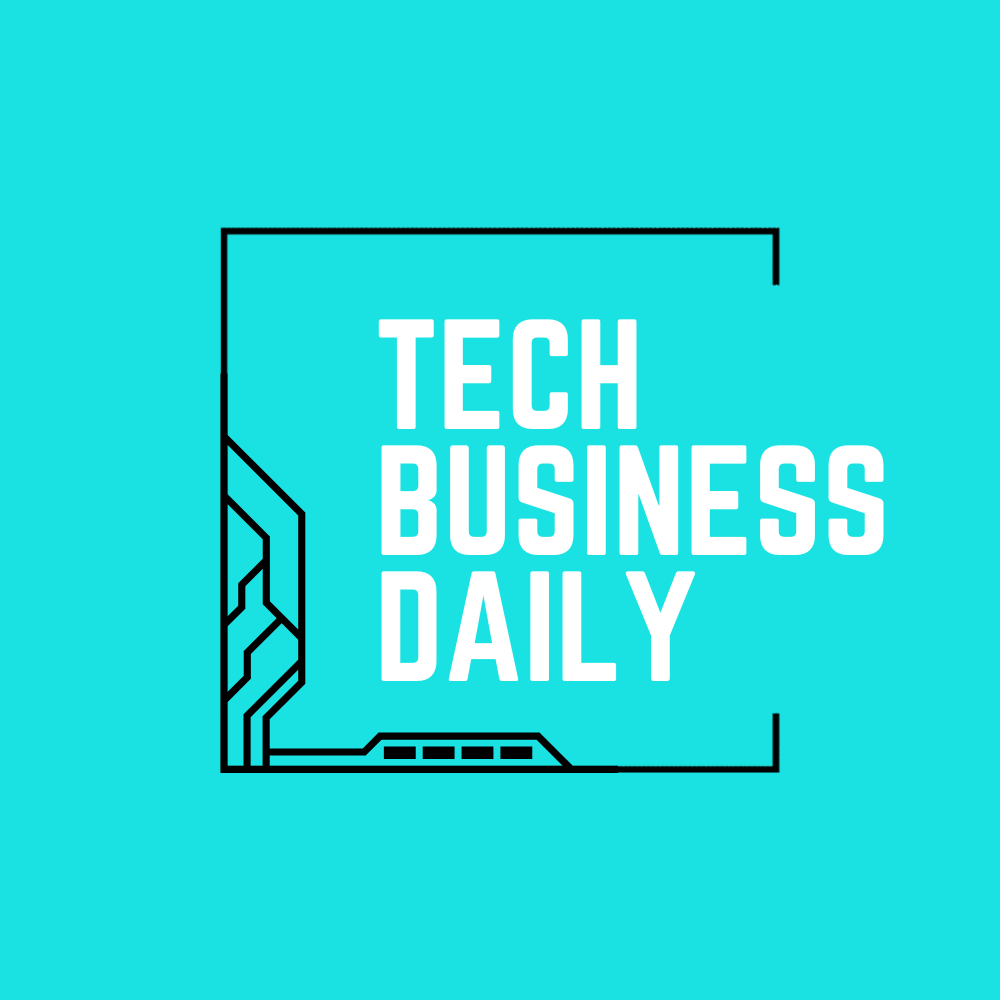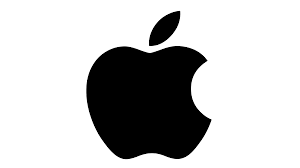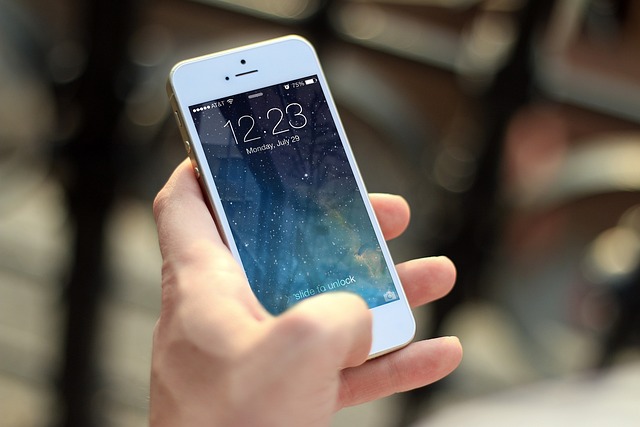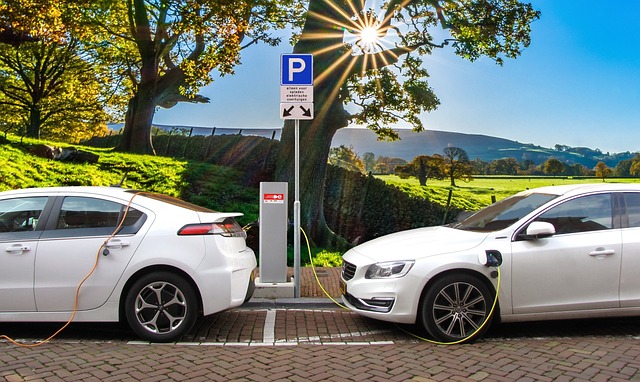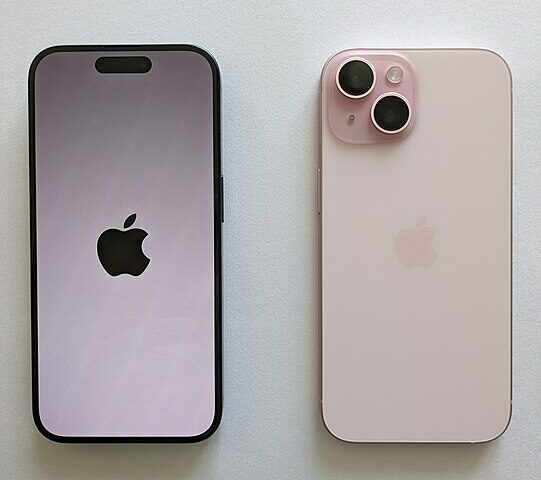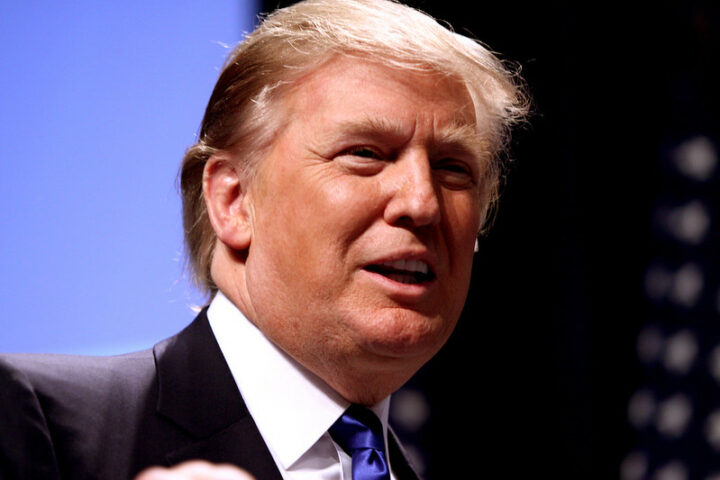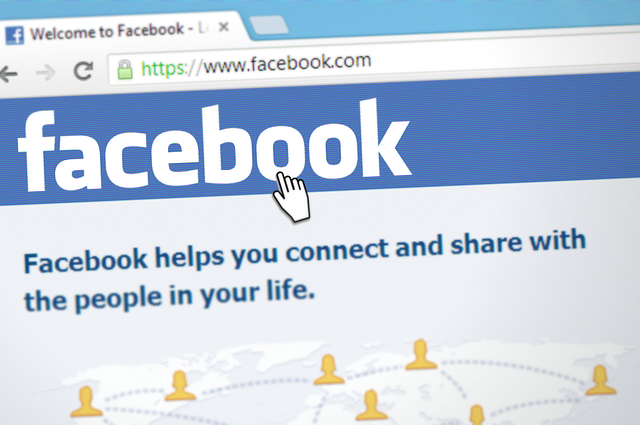Apple’s iPhone update 17.2 is rumored to include the ability to have a second app store. While this is already the case for Android phones, Apple has strictly prevented that without users resorting to “jailbreak it”.
Apple claims that restricting non-vetted apps from the iPhone is what makes it so secure. While true, it also forces app makers to pay 30% of their income to Apple, the “Apple tax”. Phone Arena reports:
Apple has always been against allowing iPhone users to sideload apps on the iPhone. Sideloading is when apps from a third-party app store are downloaded on a phone. Google allows Android users to do this, but Apple has not thus earning it the “walled garden” nickname. Apple claims that apps installed on the iPhone from a third-party app store could contain malware or other security issues and since Apple can’t vet apps not downloaded from the App Store, it believes that it is better to just not allow it.
Another reason why Apple doesn’t want to allow sideloading on the iPhone is to prevent developers from listing their iOS apps on a third-party app store as a way to get around paying Apple as much as 30% of their in-app revenue. Since the App Store is the only official iOS app storefront, there is no way to escape the so-called “Apple Tax” unless a developer stops accepting in-app purchases.
Apps like X/Twitter could end up solely on other stores, especially since Elon Musk has made his displeasure for the “tax” well known. This competition could cause Apple to lowers its fees. 9 to 5 Mac explains:
For those unfamiliar, the sideloading process consists of installing apps obtained from third-party sources instead of an official source. When it comes to iOS, the official source (and the only one available to iPhone and iPad users) is the App Store. Apple has never allowed sideloading on iOS, as this would allow apps to bypass the App Store guidelines.
However, the European Union last year passed the Digital Markets Act, or DMA, a new piece of antitrust legislation aimed at big tech companies so that they don’t use their advantages to undermine competition. One of the requirements of the DMA is that users can install any apps they want from third-party sources.
The European Union’s regulations are particularly important to watch. Because the market is so large, any changes there have a high probability of coming to the US. This was the case for the iPhone 15’s USB C port.
READ NEXT: Google Faces a New Lawsuit Over Gaming
